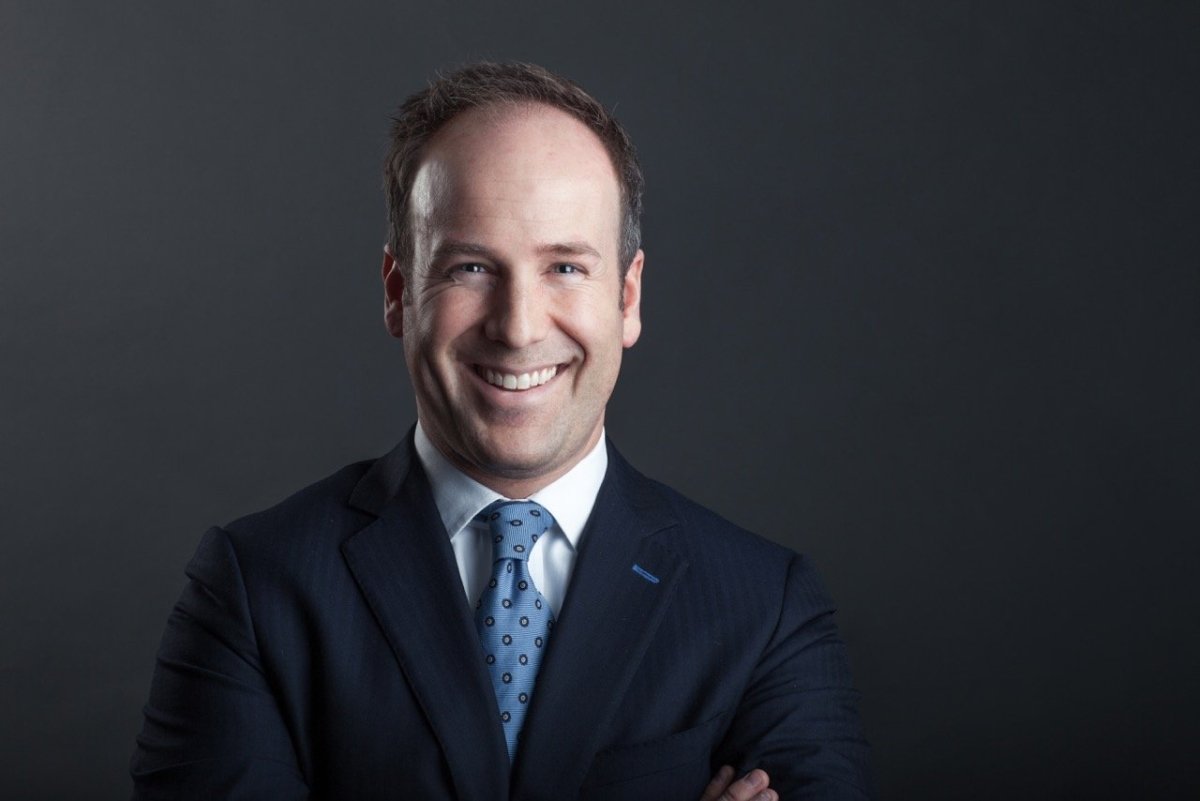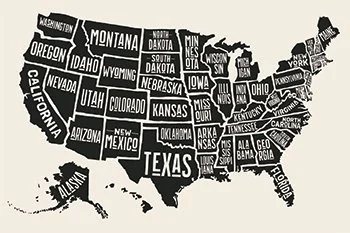Some Fine States, Part II - Virginia
Trump’s shadow looms large over the gubernatorial race in Virginia, as a redistricting effort falters.
News Update
In the Nov. 2 election, Democrat Terry McAuliffe lost his bid to reclaim the governor’s office in Virginia, and his party lost the House of Delegates. Gov.-elect Glenn Youngkin, the GOP nominee, will take office Jan. 15. Learn more about the implications of Youngkin’s victory in our wrap-up show on this series.
Read
Last year, Virginians approved a redistricting commission that was supposed to bring an end to gerrymandering. But this month the commission broke down while trying to decide on statehouse districts, and the process appears headed to the Virginia Supreme Court. Meanwhile, citizens in the Old Dominion are heading to the polls next month to elect their first governor of the post-Trump era. We talk state politics with former Del. David Toscano and Brian Cannon, who championed the redistricting reform effort.
Toscano and Cannon’s experiences shine light on the innerworkings of a state that everyone will be watching on Election Day in this national voting off-year. Virginia has been moving in a decidedly progressive direction over the past decade under two Democratic administrations. While Texas has all but banned abortion, Virginia’s legislators by contrast have taken a different approach to the “pro-life” mantra by ending the death penalty this year. Now the GOP candidate for governor, multimillionaire Glenn Youngkin, who is challenging former Gov. Terry McAuliffe, is inflaming the culture wars. Youngkin has attacked the teaching of racial justice and the history of slavery in public schools, and he has promised to put abortion restrictions back on the commonwealth’s agenda.
Meet
Brian Cannon is a lawyer and formerly the director of the redistricting advocacy group OneVirginia2021. He now serves on the board of Rank the Vote and is director of campaigns at the Institute for Political Innovation, both of which promote rank-choice voting. Follow Cannon on Twitter @BrianRCannon.
David Toscano, once the mayor of Charlottesville, Va., served in the Virginia House of Delegates for 14 years, including seven as minority leader in the Democratic Party’s caucus. He offers commentary on Virginia and U.S. politics on his blog “Why States Matter” and recently published Fighting Gridlock: How States Shape Our Nation and Our Lives (University of Virginia Press, 2021). His forthcoming memoir is titled Bellwether: Comments on Virginia’s Political Transformation, 2006-2020. Follow Toscano on Twitter @deltoscano.
Cannon spent the past few years advocating for the creation of a bipartisan redistricting commission, which Virginians adopted in a ballot initiative in 2020.
Before redistricting reform came to the commonwealth, Cannon and his then–law student Ben Williams analyzed the problem in the Richmond Public Interest Law Review by looking at what other states had done to curb gerrymandering.
In Gridlock, Toscano reveals how the handling of everything from national elections to the covid pandemic largely depends on state governments — and how the experiments in these “laboratories of democracy” sometimes go horribly wrong.
Toscano’s forthcoming book Bellwether draws on his experiences in policymaking and opposition politics while working in Virginia’s General Assembly.
Learn
A lot of ink has been spilled over the quandary of leaders choosing their voters rather than voters choosing their leaders. The recent volume Gerrymandering in America, by Anthony J. McGann et al., shows how the drawing of districts along partisan lines surged after the U.S. Supreme Court, in the 2004 case Vieth v. Jubelirer, found that federal judges could not entertain challenges to gerrymandering.
Brent Tarter’s Gerrymanders: How Redistricting Has Protected Slavery, White Supremacy, and Partisan Minorities in Virginia considers the role race has historically played in the process.
And Rat F**ked: Why Your Vote Doesn’t Count, by David Daley, tells the story of how — after Barack Obama’s presidential victory in 2008 — Republicans turned their focus to wresting control of statehouses across the country.
What was touted as a success for democracy reform has produced deep frustration in Virginia. The impasse on the commonwealth’s redistricting commission stems largely from disagreements about racial gerrymandering.
Indeed, members of the state’s Legislative Black Caucus were among those policymakers who foresaw the sticking point of race and vocally opposed the commission’s design.
All of this is happening amid a contentious race for the governor’s office, which polls show is extremely close less than a month away from Election Day. As Toscano discusses on the show, there are stark differences in play between rural and urban voters — a growing trend in Virginia and the nation as a whole.
And as recent political ads airing across the state confirm, the core election issues have been nationalized. Is Virginia a preview of the 2022 midterms — and the 2024 presidential contest?
About This Series
This is the second episode in a miniseries on critical issues in government by the people around the United States. Join Will and Siva as they examine how state capitals have become battlegrounds for acrimonious national politics — but also, at their best, experiments in defending the democratic process and democratic ideals.








